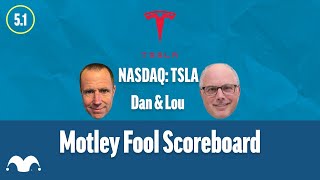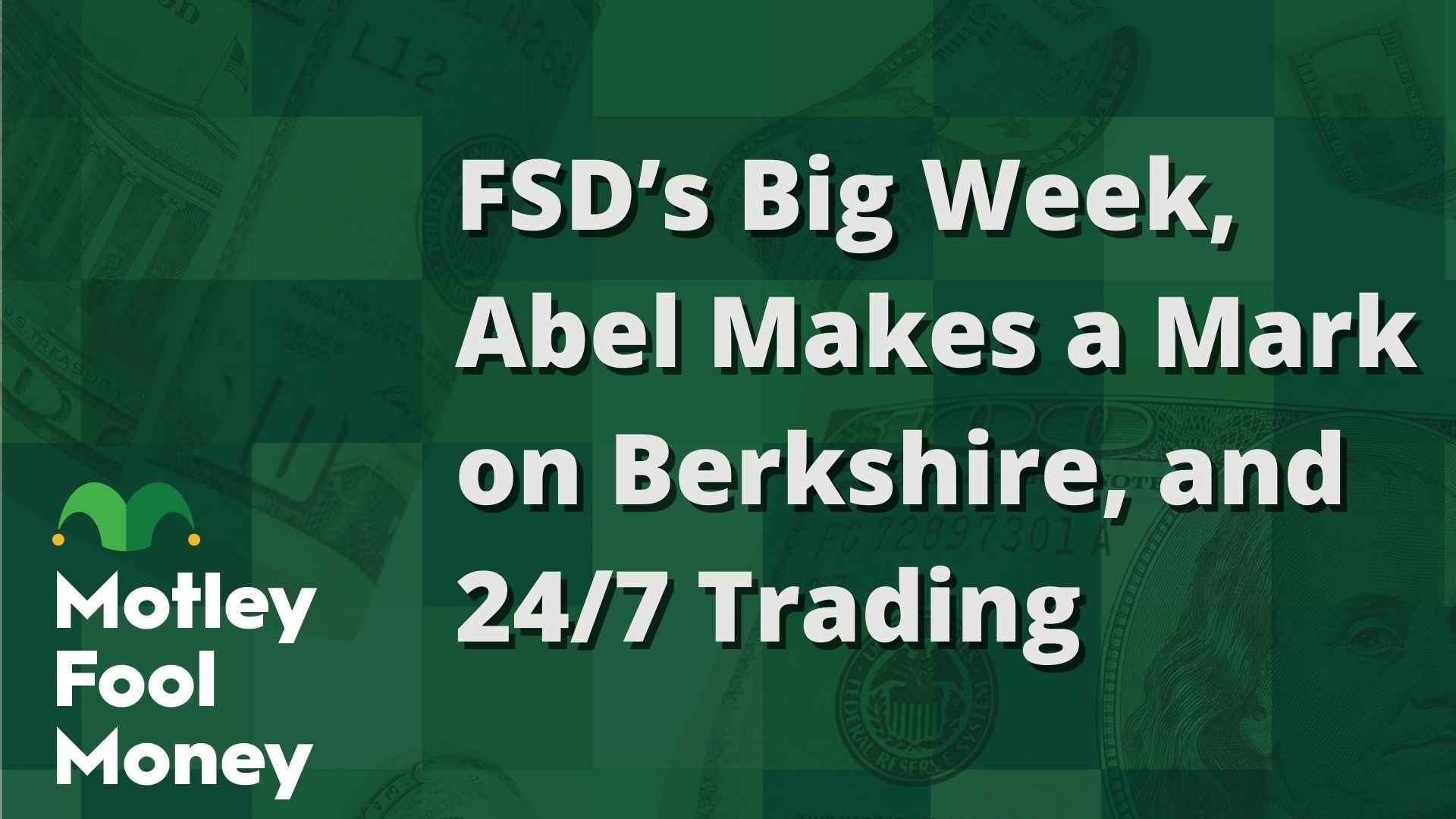Over the past 11 months, investors have navigated through one of the most volatile periods in history for the stock market. The broad-based S&P 500 lost more than a third of its value in about a month during the first quarter of 2020, and has spent almost 10 months in rally mode.
When volatility picks up, investors often think about heading to the sidelines for safety. But that's not what millennial investors have done. Online investing app Robinhood, which has catered to this younger crowd, added approximately 3 million users in 2020.
In many instances, millennial and novice investors love chasing after brand-name and/or momentum stocks. This past week, we saw this come to fruition, with a brand-new company anointed as the most widely held stock on the Robinhood platform.

Image source: Getty Images.
Robinhood investors are enamored with momentum plays and brand-name stocks
But before I unveil the true favorite of millennial investors, let's look back at the three other stocks that have held the No. 1 spot on Robinhood's leaderboard over the past year.
For much of early 2020, Aurora Cannabis (ACB 3.45%) was the most widely held stock on Robinhood. This Canadian licensed producer has always had a cultlike following from the investment community, but has continually disappointed on the operating front. Aurora has written down nearly half of its assets following an unwarranted buying spree, and it continues to dilute its shareholders into oblivion due to its ongoing cash burn.
The only reason Aurora Cannabis lost its No. 1 ranking in May has to do with the 1-for-12 reverse split the company enacted (all Robinhood users with 11 or fewer shares were liquidated out of their position in the company).
After Aurora Cannabis stepped aside, Robinhood investors turned their attention to Ford (F 0.50%). It should be noted that Robinhood gifts free shares of stock to new members, so the interest in Ford may be reflective of users being gifted a share or two of the Detroit automaker. It's also no secret that millennial investors love companies with a single-digit share price, regardless of their market cap. With Ford bouncing back from its coronavirus lows and making an $11 billion investment in electric vehicles (EVs), it was apparently more than enough to lure in millennial investors.
Finally, the apple of Robinhood investors' eyes after Ford was...Apple (AAPL +4.12%). The largest publicly traded company in the U.S. created an incredible amount of buzz leading up to its stock split over the summer. Apple is one of the most-recognized brands in the world, has the leading smartphone in the U.S., and is returning a boatload of capital to investors via share buybacks and its dividend. With CEO Tim Cook leading a long-term shift toward higher-margin services, Apple shouldn't have a problem growing or staying relevant for a long time to come.

A Tesla Model S plugged in and charging. Image source: Tesla.
There's a new No. 1 on Robinhood
This past Thursday, Jan. 14, a new company surpassed Apple to become the most widely held on the site: Tesla (TSLA 2.00%).
I did say that millennial investors love momentum, and EV maker Tesla definitely brings that to the table. Over the trailing one-, three-, and five-year periods, Tesla's shares are up a respective 667%, 1,130%,, and 1,900%, which leaves the broader market, and practically every other publicly traded stock in existence, eating its dust.
CEO Elon Musk deserve a lot of credit for doing what simply hasn't been done in more than 50 years. He's built an auto company from the ground up to mass production. In 2020, Tesla fell just shy (by 450 vehicles) of Musk's goal of hitting 500,000 deliveries. With two Gigafactories in operation (in Fremont, California, and Shanghai) and two more planned, Tesla should be able to build on its annual output.
Tesla also has clear-cut competitive advantages, for the time being. It was the first U.S. automaker to successfully mass-produce EVs that consumers wanted at scale, and its battery technology provides superior power and range over its competition. If Musk can achieve his goal of improving battery technology, a $25,000 mass-produced EV may be possible. At that price point, combustion-engine vehicles would struggle to compete against the value offered by Tesla.
And, like Apple, Tesla benefited from stock-split euphoria during the summer of 2020. With the company once again above $800 a share, it's not out of the question that another split could be on the horizon.

Image source: Getty Images.
This momentum play could come back to bite
But just because millennial investors pile into a stock, it doesn't mean it'll be a winner. Following an incredible rally in shares of Tesla, it's my belief that Robinhood's No. 1 holding could face some rough patches ahead.
Though Tesla has resolved its cash concerns, the company has yet to figure out how to turn a profit solely from selling EVs. In four of the past five reported quarters, Tesla's minimal adjusted profit has come from selling renewable energy credits to other automakers. Selling those credits isn't sustainable, and it masks the reality that a nearly $800 billion company still isn't profitable on a recurring basis from selling its core product.
That leads to the next point: automakers' operating margins. Whether we're talking about EVs or combustion-engine vehicles, the operating margins for auto stocks are mediocre at best. Tesla's software add-ons may help provide a bit of a margin bump, but they are nowhere close to supporting a forward price-to-earnings ratio of 207.
It'll also be hard for the company to maintain its competitive edge when pretty much every major automaker worldwide is investing heavily in EVs and/or autonomous vehicles. General Motors is putting $27 billion to work in EVs between 2020 and 2025, with the hope of launching over two dozen electric models by mid-decade. Ford, as noted, is putting $11 billion to work in EV production through 2022.
These are companies with over a century of history, excellent brand recognition, and factories capable of quickly ramping up output. I fail to see how Tesla retains its competitive edge for much longer.
The EV space looks frothy, like other next-big-thing investments before it. That bodes poorly for Robinhood's most widely held stock.









